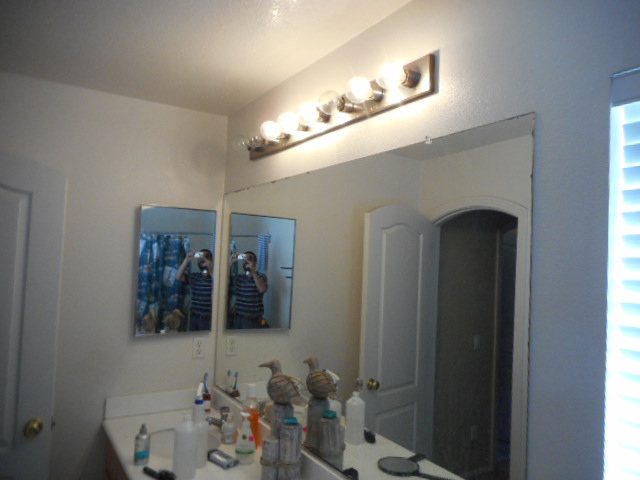Frank, you can check out my website and see my background, I’ll gladly take the web traffic ;-). But in all seriousness, I understand why you would ask that and expected it to come up sooner or later. Here’s a rough summary of my background:
I was a construction mechanic in the Seabees for 3 years. In my last year I studied home inspection from a distance learning school. When I was discharged, I used my training in home inspection from the distance learning to land a job as a termite inspector. I did that for three years before moving on (I was tired of working for commission). After working at Terminix, I worked as a low voltage technician installing door access systems, alarm systems, fire panel systems, cctv. I also did several pre-wire installations in new residential construction. After working my way up to a lead installer I found a job as a gas station service technician. In this role I was sort of a jack of all trades. I worked on fuel dispensers, troubleshooting the internal electronics as well as the high voltage relay systems between dispensers and the turbines in the underground storage tanks. I also worked on the electrical system in the gas station as it related to the fuel dispensers, relays, breakers, wiring and programming of remote monitoring equipment. I was also responsible for environmental testing relating to the vapor recovery system, line leak detection system. I also installed the point of sale systems in gas stations, programming the systems as well as setting up and troubleshooting credit card network and internal communications/back office issues. I’ve pulled submersible turbines, replaced high voltage output controllers, relays. Anything that relates to the fuel system, whether its the pumps, computers, electrical, hydraulic, environmental, underground storage tanks and monitoring, dispenser transformer replacement, I was involved with it. I worked a lot with electricity, verifying phasing for proper equipment installation and communication. I usually summarize it as “fuel station facility maintenance.”
My training and experience is in focusing on equipment and systems, just not as they related to residential structures. So while I have a knowledge of how basic electricity works, troubleshooting, etc. I am entering a new realm with relating my experience to residential dwellings. As was mentioned earlier, I’m probably over thinking things too much, but I want to make sure I understand exactly why something is wrong or why something is unsafe, it’s not enough for me to feel like something is incorrect, I need to be able to explain to my client in simple terms that they can understand, which also makes it easier for me to learn. I know I’ve asked a lot of seemingly stupid questions, but I’d rather ask here while I’m doing mock inspections than wait until I’m charging for inspections and calling out things I don’t fully understand or not calling out things but I thought I understood. There is a lot I know about and I am familiar with but you don’t see that because I’m not going to ask about things I know and am comfortable with already. I’ve been off work for about a year, recovering from shoulder surgery (my second one) when I came across my old home inspection books from 10 years ago. I studied them again and also ordered the course from A better school of home inspection. I completed that course as well as the InterNachi courses. Of course, as great as those classes are, there is only so much that can be covered in them. In a live setting, I would be able to raise my hand and ask these stupid questions with a lot less publicity. That said, I’d rather look ignorant and continue learning than to try and appear like I am more knowledgeable than I am. This doesn’t mean I’m not confident, I’m confident, but I also need to be correct. I think of the mock inspections along with this forum as part of my class room training if you will. Anyways, thanks for all the support I’ve received from all of you in regards to my questions. Much of what I asked hasn’t really been covered in any of the studies I’ve encountered because they’re little things, but for some reason they gnaw at my gut and mind and I need to satisfy the curiosity, and who better to turn to than you guys!

